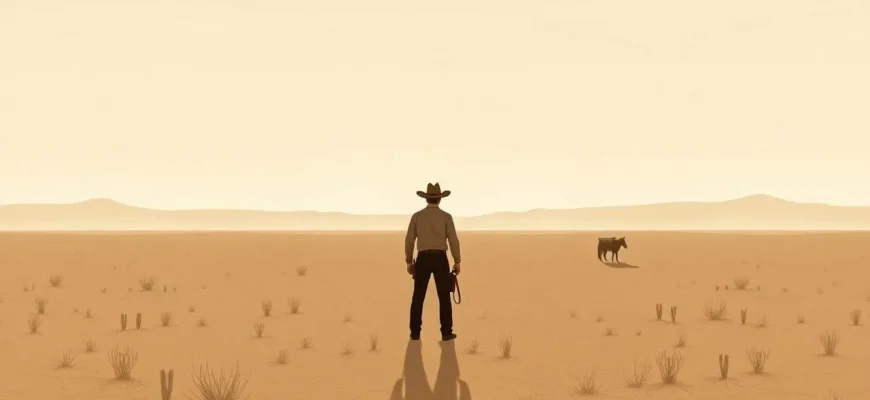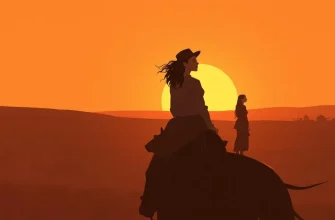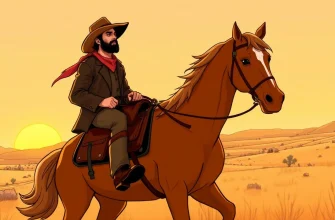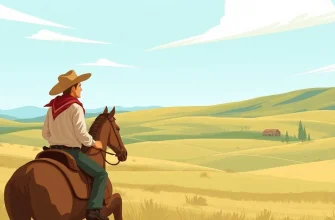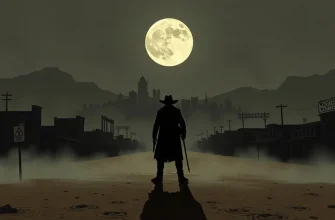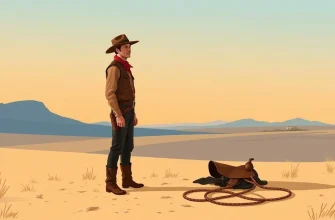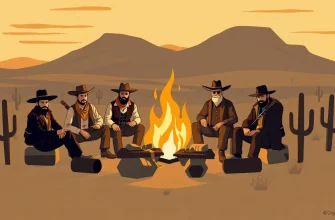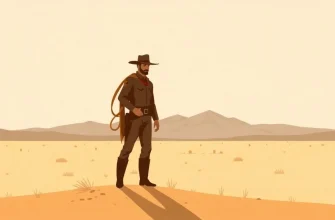This collection of Western films focuses on the theme of memory, exploring how characters remember their pasts, the legacies they leave behind, and how these memories shape their actions and destinies. These films not only provide a thrilling journey through the rugged landscapes of the American West but also offer profound reflections on time, identity, and the human condition, making them invaluable for both Western enthusiasts and those interested in deeper storytelling.

High Noon (1952)
Description: Marshal Will Kane's memories of duty and honor compel him to face a gang of killers alone, reflecting on his past decisions and the town's collective memory.
Fact: The film was shot in real-time, with the entire story unfolding in the span of 85 minutes.
 Watch Now
Watch Now 
Shane (1953)
Description: Shane, a mysterious gunfighter, tries to leave his violent past behind but is drawn back into conflict, reflecting on his own identity and the memories he carries.
Fact: The film was one of the first to be preserved in the United States National Film Registry by the Library of Congress.
 Watch Now
Watch Now 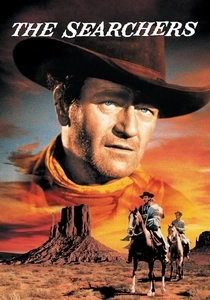
The Searchers (1956)
Description: John Ford's epic tale of Ethan Edwards, whose quest to find his niece after a Comanche raid becomes an exploration of his own haunted past and the memories that drive him.
Fact: The film was initially considered a box office disappointment but has since been recognized as one of the greatest films ever made, influencing countless directors and films.
 Watch Now
Watch Now 
The Man Who Shot Liberty Valance (1962)
Description: This film explores the myth versus reality through the story of Senator Ransom Stoddard, whose legendary status is built on a lie, and how the truth affects his memory of events.
Fact: The film is often cited for its famous line, "When the legend becomes fact, print the legend."
 Watch Now
Watch Now 
The Wild Bunch (1969)
Description: Aging outlaws confront their pasts and the changing world around them, with memories of their violent lives driving the narrative.
Fact: The film was groundbreaking for its graphic violence and portrayal of the end of the Old West.
 Watch Now
Watch Now 
The Outlaw Josey Wales (1976)
Description: Josey Wales, seeking revenge for his family's murder, finds solace in a new community, but his memories of loss and violence shape his journey.
Fact: The film was directed by and starred Clint Eastwood, who also contributed to the screenplay.
 Watch Now
Watch Now 
Unforgiven (1992)
Description: Clint Eastwood's character, William Munny, is drawn back into his violent past, confronting his memories of being a killer, which he thought he had left behind.
Fact: Eastwood won the Academy Award for Best Director for this film, and it was also the last Western to win Best Picture until "No Country for Old Men" in
 Watch Now
Watch Now 
3:10 to Yuma (2007)
Description: Dan Evans, a rancher, takes on a dangerous job to escort an outlaw to justice, driven by his need to redeem his past and leave a legacy for his son.
Fact: The film was a remake of the 1957 film of the same name, with Russell Crowe and Christian Bale delivering powerful performances.
 Watch Now
Watch Now 
The Assassination of Jesse James by the Coward Robert Ford (2007)
Description: This film delves into the psychological aspects of memory, focusing on Robert Ford's obsession with Jesse James and how the memory of his act shapes his life.
Fact: The film's title is based on the book by Ron Hansen, which provides a detailed account of the events leading up to and following the assassination.
 Watch Now
Watch Now 
True Grit (2010)
Description: The Coen Brothers' remake focuses on Rooster Cogburn, whose past as a lawman is colored by his fading memory and the quest for redemption.
Fact: Jeff Bridges was nominated for an Academy Award for Best Actor for his role as Rooster Cogburn.
 Watch Now
Watch Now 
